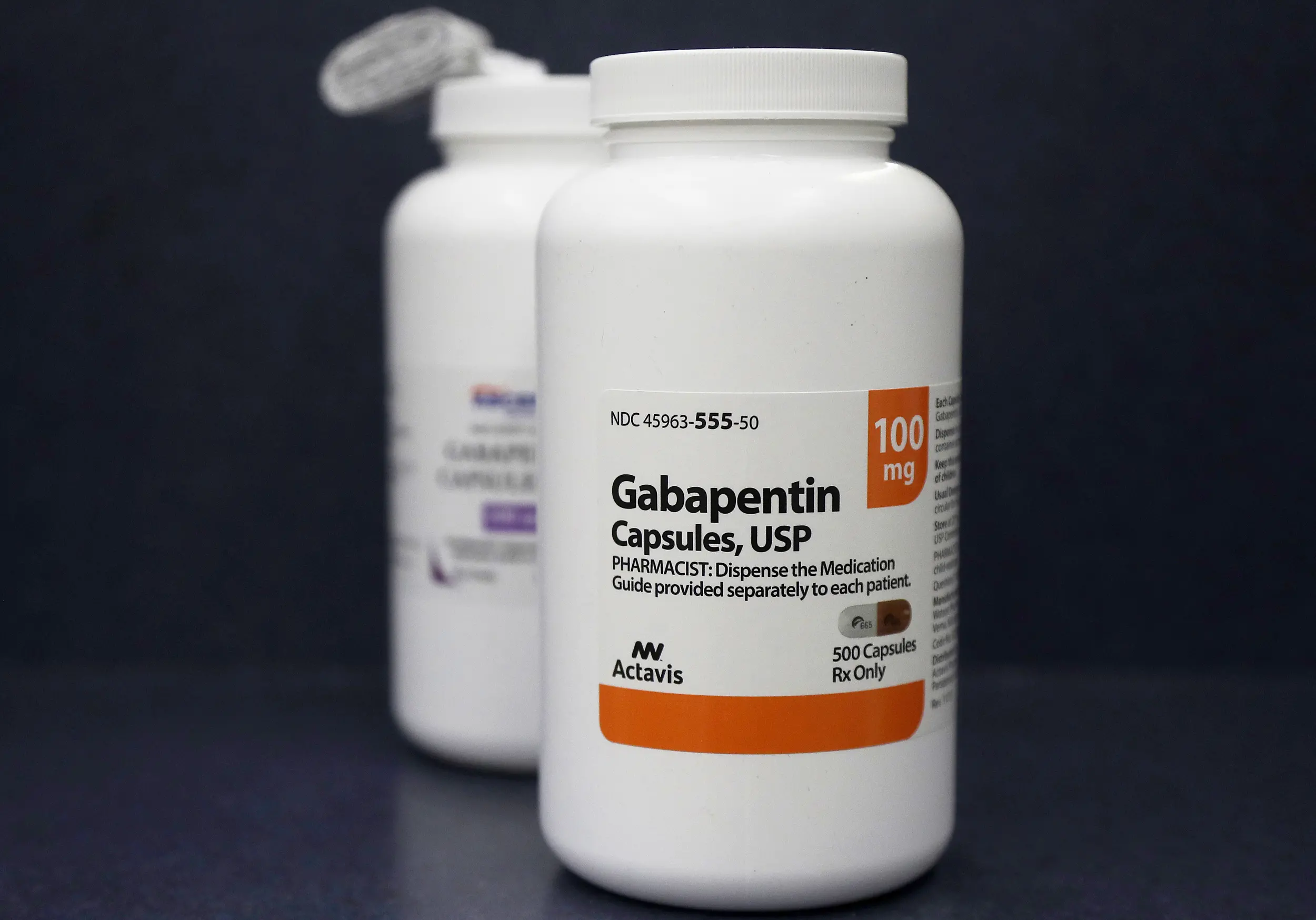- Home
- Medical news & Guidelines
- Anesthesiology
- Cardiology and CTVS
- Critical Care
- Dentistry
- Dermatology
- Diabetes and Endocrinology
- ENT
- Gastroenterology
- Medicine
- Nephrology
- Neurology
- Obstretics-Gynaecology
- Oncology
- Ophthalmology
- Orthopaedics
- Pediatrics-Neonatology
- Psychiatry
- Pulmonology
- Radiology
- Surgery
- Urology
- Laboratory Medicine
- Diet
- Nursing
- Paramedical
- Physiotherapy
- Health news
- Fact Check
- Bone Health Fact Check
- Brain Health Fact Check
- Cancer Related Fact Check
- Child Care Fact Check
- Dental and oral health fact check
- Diabetes and metabolic health fact check
- Diet and Nutrition Fact Check
- Eye and ENT Care Fact Check
- Fitness fact check
- Gut health fact check
- Heart health fact check
- Kidney health fact check
- Medical education fact check
- Men's health fact check
- Respiratory fact check
- Skin and hair care fact check
- Vaccine and Immunization fact check
- Women's health fact check
- AYUSH
- State News
- Andaman and Nicobar Islands
- Andhra Pradesh
- Arunachal Pradesh
- Assam
- Bihar
- Chandigarh
- Chattisgarh
- Dadra and Nagar Haveli
- Daman and Diu
- Delhi
- Goa
- Gujarat
- Haryana
- Himachal Pradesh
- Jammu & Kashmir
- Jharkhand
- Karnataka
- Kerala
- Ladakh
- Lakshadweep
- Madhya Pradesh
- Maharashtra
- Manipur
- Meghalaya
- Mizoram
- Nagaland
- Odisha
- Puducherry
- Punjab
- Rajasthan
- Sikkim
- Tamil Nadu
- Telangana
- Tripura
- Uttar Pradesh
- Uttrakhand
- West Bengal
- Medical Education
- Industry
Gabapentinoids and opioids combo increases opioid overdose risk postoperatively

In the postoperative setting, the 3 most common nonopioid pharmacologic analgesics used in multimodal pain management include acetaminophen, nonsteroidal anti-inflammatory drugs (NSAIDs) and gabapentinoids. While acetaminophen and NSAIDs have been coadministered with opioids for decades, the use of gabapentinoids is relatively recent.
However, a recent study suggests concomitant use of gabapentinoids with opioids was associated with an increased risk of opioid overdose and other opioid-related adverse events. The study findings were published in the JAMA Network Open on December 29, 2020.
Gabapentinoids (gabapentin and pregabalin) are anticonvulsant medications, commonly used for the treatment of chronic neuropathic pain. Their off-label use as adjuvant analgesics following surgery has been found to decrease postoperative pain and opioid consumption and is increasing. However, In December 2019, the US Food and Drug Administration issued a warning on serious breathing difficulties associated with gabapentin and pregabalin in patients with other respiratory risk factors, including the use of opioids. As the use of gabapentinoids perioperatively is increasing and the clinical data on their safety, when coadministered with opioids for postoperative analgesia, is lacking researchers conducted a population-based cohort study in a large, nationwide database of US hospital admissions to assess whether coadministration of gabapentinoids with opioids is associated with increased risk of opioid-related adverse outcomes, including opioid overdose, in surgical patients.
In this cohort study, researchers used propensity score trimming, stratification, and weighting of adults admitted for a major surgery between October 2007 and December 2017 who were treated with opioids on the day of surgery. They also analyzed the Premier Research database conducted from February to April 2020 and identified a total of 5,547,667 patients among which 892 484 were administered with Gabapentinoids and 4 655 183 patients received only opioids. Patients were followed up for as long as 30 days from the day of surgery until deviation from the initial treatment regimen or discharge. The major outcome assessed was an opioid overdose. They also evaluated respiratory complications, unspecified adverse effects of opioid use, and a composite of these 3 outcomes.
Key findings of the study were:
♦ Upon analysis, researchers identified 441 overdose events with absolute risks of 1.4 per 10 000 patients with gabapentinoid exposure and 0.7 per 10 000 patients receiving opioids only.
♦ After propensity score trimming, they included 737 383 patients exposed to gabapentinoids and 3 002 480 patients receiving opioids only.
♦They found that concomitant exposure to gabapentinoids and opioids was associated with increased risk of opioid-related adverse events during the postoperative period, the absolute risk of these events was extremely low.
♦ They reported respiratory complications in 15,177 patients (0.3%) and unspecified adverse effects of opioids in 4,107 patients (less than 0.1%).
♦ They also reported that 17,974 people (0.3%) had a composite outcome of opioid overdose, respiratory complications, and unspecified adverse opioid effects.
♦ They noted respiratory complications (adjusted HR 1.68), unspecified adverse effects of opioids (aHR 1.77) and composite outcome (aHR 1.70) were greater in the gabapentinoid-exposed group than in an opioid only group. These results were consistent across sensitivity analyses.
The authors concluded, "In this real-world cohort study of patients who underwent major surgery, concomitant use of gabapentinoids with opioids was associated with increased risk of opioid overdose and other opioid-related adverse events; however, the absolute risk of adverse events was low".
For further information:
https://jamanetwork.com/journals/jamanetworkopen/fullarticle/2774489
Medical Dialogues Bureau consists of a team of passionate medical/scientific writers, led by doctors and healthcare researchers. Our team efforts to bring you updated and timely news about the important happenings of the medical and healthcare sector. Our editorial team can be reached at editorial@medicaldialogues.in.
Dr Kamal Kant Kohli-MBBS, DTCD- a chest specialist with more than 30 years of practice and a flair for writing clinical articles, Dr Kamal Kant Kohli joined Medical Dialogues as a Chief Editor of Medical News. Besides writing articles, as an editor, he proofreads and verifies all the medical content published on Medical Dialogues including those coming from journals, studies,medical conferences,guidelines etc. Email: drkohli@medicaldialogues.in. Contact no. 011-43720751


